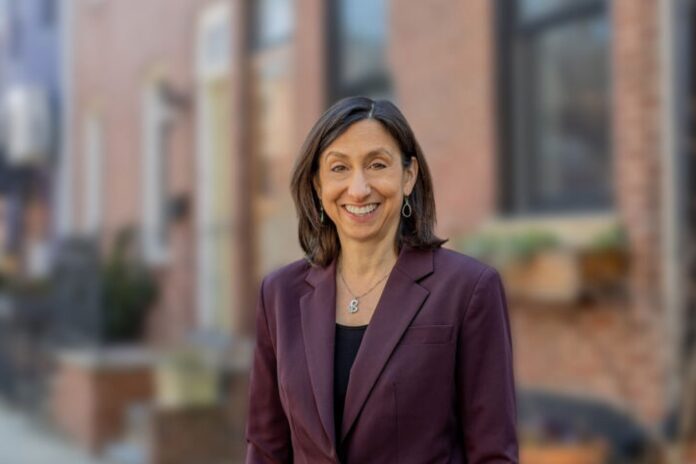In 2023, there’s still LGBTQ history to be made. We did it in the primary election, with Rue Landau becoming the first to win election to City Council, and we’ll continue to do it year after year. There is no end point in the road to equality, because it’s something that will always be relevant and always be important. Almost fifty years ago, PGN reported on gay men who had the audacity to run for seats as committeeperson. Now, we get to report on a lesbian who will take office as one of the most powerful elected officials in the city. It’s not unrealistic to think, someday, we’ll be reporting on an LGBTQ person being elected mayor. And even after that, there will still be barriers that will need to be broken.
Landau’s election is a reminder to all LGBTQ advocates and activists that making change cannot come without hard, targeted work. Landau didn’t get elected by coasting on a rainbow wave; she got elected because she connected with people in all neighborhoods of the city and convinced them to support her. Equally important as building connections with voters was building support with Democratic Party leaders, including ward leaders, and organizations of influence. The Landau campaign didn’t take traditional city politics for granted, and it worked in their favor.
But beyond the work of the campaign, Landau’s history of public service, effectiveness as a collaborator, and faith in the people around her also propelled her to victory. Her campaign pitch had more than promises, it had proven results. Good work begets good work. Her history of good work now affords her the opportunity to do even more good work for a greater number of people. And there is no shortage of work that needs to be done, especially on crime, education, housing, and healthcare.
Philadelphia is a city of neighborhoods. And those neighborhoods are still very segregated, either by race, class, geography, or all three. In a citywide election, you have to reach people from all walks of life beyond the bubble you live in. Part of the reason Cherelle Parker won the mayoral primary so convincingly, despite polling showing the race much closer than it ultimately turned out, is because Parker’s support went beyond one neighborhood or one type of voter (including those most likely to respond to polls).
Rue Landau was able to use all the tools at her disposal — including her history of public service and her connections across communities — to reach more than one type of voter. That’s why she emerged not only victorious, but resoundingly so. As of press time, her 62,000 votes in the City Council primary are nearly as many as Parker got in the mayoral primary. It sets her up well for future elections, should she choose to run.
But for now, we can look forward to the November general election, when Landau will officially become the first openly LGBTQ councilperson, and then to next year, when she takes office, makes history, and continues the real work of bringing positive change to Philadelphia.
